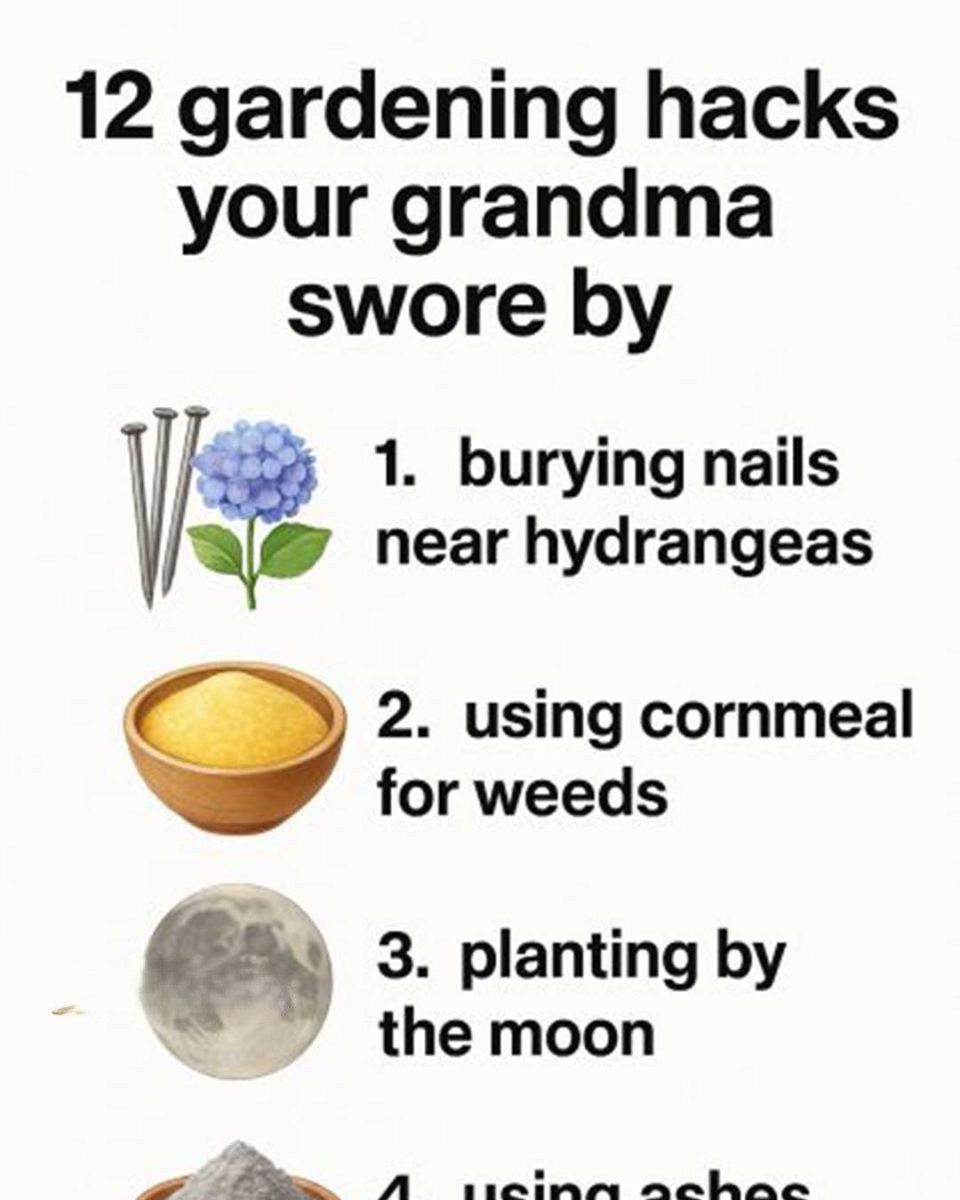6. Coffee Grounds for a Nutrient Boost
Don’t throw away those used coffee grounds; they are a treasure trove of nutrients for your garden. Rich in nitrogen, coffee grounds can improve soil structure and enhance plant growth.
Sprinkle a thin layer of coffee grounds around the base of your plants or add them to your compost pile to enrich the overall mixture. Be cautious not to over-apply, as too much can increase soil acidity, which might not be suitable for all plants. A handful per plant every few weeks is usually sufficient.
7. Companion Planting for Pest Management
Companion planting is a strategy that involves growing certain plants together to naturally deter pests and improve growth. For instance, planting marigolds alongside tomatoes can repel nematodes, while basil planted near peppers can enhance their flavor and growth.
This method relies on the natural properties of plants to support each other, making it a sustainable and chemical-free approach to gardening. By carefully selecting plant pairings based on their mutual benefits, you can create a more resilient and productive garden.
8. Creating Compost Tea for Plant Health
Compost tea is a liquid fertilizer made by steeping compost in water, allowing beneficial microorganisms and nutrients to leach into the liquid. This ‘tea’ can be used as a foliar spray or soil drench to promote plant health.
To make compost tea, fill a bucket with water and add a handful of compost. Let it steep for about 24-48 hours, stirring occasionally. Strain the liquid and use it to water your plants or spray directly on the leaves. This nutrient-rich solution can help improve plant resilience to diseases and boost overall growth.
9. Milk as a Natural Fungicide for Plants
Milk, often a staple in the kitchen, can also be used as a natural fungicide in the garden. Its antifungal properties can help control diseases like powdery mildew.
To make a milk fungicide spray, mix one part milk with two parts water and apply it to affected plants every 10-14 days. The proteins in milk can act as a barrier, preventing fungal spores from taking hold, while also providing a slight nutrient boost.
10. Banana Peels for Rose Bushes
Banana peels are rich in potassium and can be used to nourish rose bushes, promoting healthy growth and vibrant blooms. Potassium is essential for plant vigor and flower development.
To use banana peels, chop them into small pieces and bury them at the base of your rose bushes. Alternatively, you can blend the peels with water to create a slurry and pour it around the plants. This simple addition can lead to more beautiful and resilient roses.
11. Cinnamon to Prevent Damping Off in Seedlings
Cinnamon is a natural antifungal agent that can help prevent damping off, a common problem in seedlings caused by fungal pathogens. Sprinkling cinnamon on the soil surface of seedling trays can create a protective barrier.
To use, simply dust a light layer of cinnamon over the soil after planting seeds. This hack not only protects against fungal infections but also adds a pleasant aroma to your indoor planting areas.
12. Epsom Salt for Greener, Stronger Plants
Epsom salt, composed of magnesium sulfate, can be a powerful ally in the garden. Magnesium is crucial for photosynthesis, and applying Epsom salt can help plants develop lush, green foliage.
To use Epsom salt, dissolve 1 tablespoon in a gallon of water and apply as a foliar spray every two to four weeks. This can be particularly beneficial for magnesium-hungry plants like tomatoes, peppers, and roses. Regular use of Epsom salt can result in healthier, more vigorous plants.

